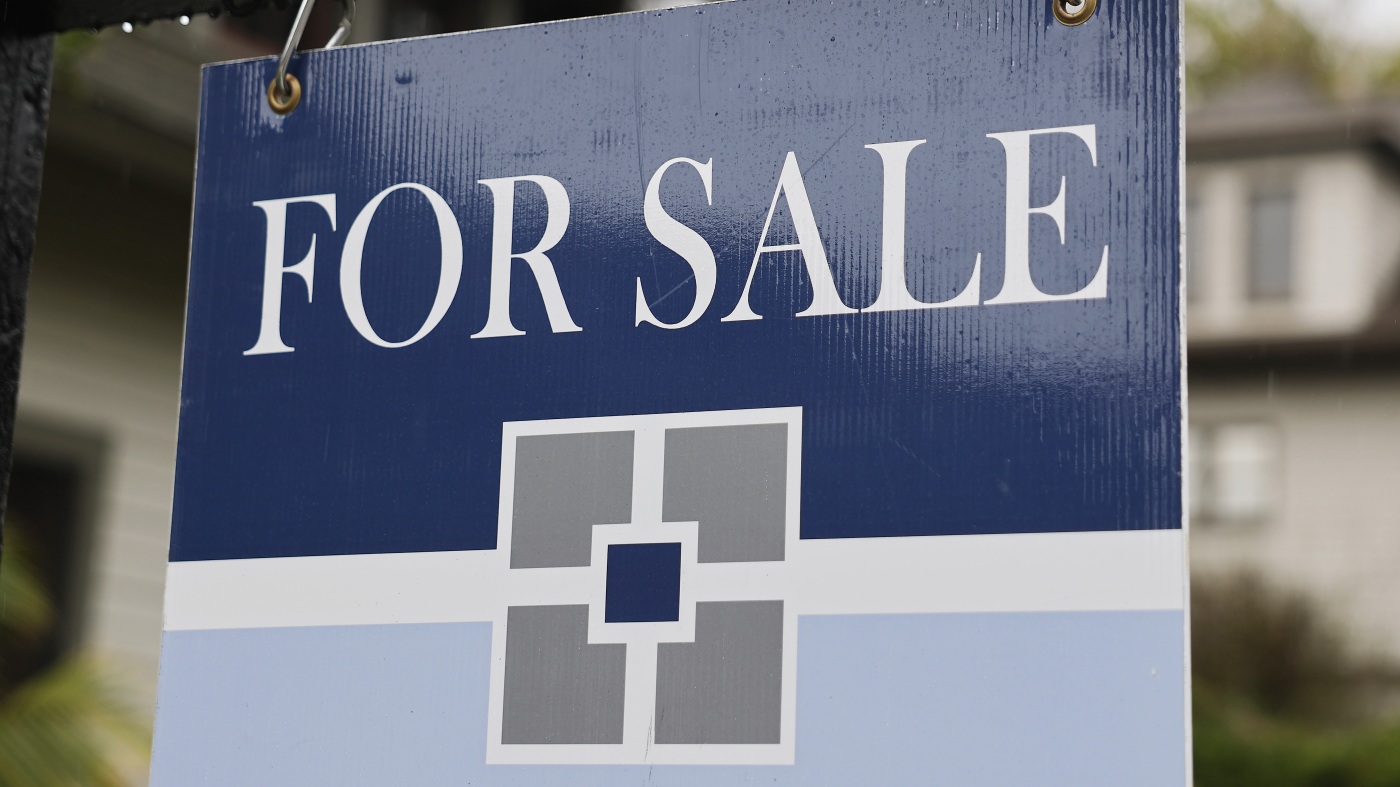Spring Housing Market Faces Uncertain Future Amid Economic Challenges
As spring emerges, “For Sale” signs are becoming a common sight in neighborhoods nationwide. Yet, with economic uncertainties looming, questions arise about the potential heat of this year’s spring housing market.
High Mortgage Rates and Escalating Home Prices
Prospective homebuyers are facing significant financial hurdles. The average 30-year mortgage rate stands at 6.65%, a slight decrease from January but still relatively high. Analysts anticipate these rates will remain steady as the Federal Reserve shows no signs of reducing interest rates until later this year.
Selma Hepp, chief economist at real estate firm Cotality, suggests that economic volatility might eventually lower mortgage rates. She explains that rates often track the 10-year Treasury bond yields, influenced by market concerns about economic slowdowns and potential recessions.
Inflationary policies, including tariffs, are also contributing to the elevated mortgage rates. Additionally, home prices have surged, with the median price increasing 47% over the past five years.
Increased Housing Inventory Offers Hope for Buyers
Last year marked the slowest period for existing home sales since 1995, largely due to a shortage of available properties. However, there are signs of change. February saw a 17% increase in existing homes for sale compared to the previous year, followed by a 10% rise in new listings in March.
This shift may alleviate the “lock-in effect,” where homeowners with low mortgage rates are reluctant to sell. Some individuals are moving due to return-to-office mandates, prompting a need to live closer to urban areas.
The increase in listings is expected to boost sales, providing buyers with more options and bargaining power. However, sellers may need to be more flexible with pricing, as evidenced by over 17% of listings experiencing price reductions in March, according to Realtor.com.
Economic Uncertainty Casts a Shadow
Jeremy Masem, a potential homebuyer in Fairfield County, Conn., has faced fierce competition, with multiple unsuccessful bids despite offering significantly above asking prices. He expresses concerns about the economic climate, including tariffs, and is considering postponing a home purchase.
Others share Masem’s hesitation. Pending home listings decreased by 5.2% year-over-year in March, indicating some buyers are opting to wait due to job security concerns and escalating costs associated with homeownership, such as insurance and HOA fees.
“They tend to stay put,” says Hepp from Cotality, emphasizing that people are unlikely to move unless absolutely necessary.
Changes in Real Estate Agent Compensation
A recent settlement with the National Association of Realtors has altered how agents are compensated. Sellers are no longer obligated to pay the buyer’s agent, and buyers must now sign agreements outlining agent compensation before viewing homes. Open houses or direct contact with listing agents are the alternatives to these agreements.
Although many agents claim the changes have minimal impact, the new rules add complexity to an already intricate transaction. Masem notes the confusion surrounding agent compensation and the exhaustive nature of the home-buying process, which consumes much of his free time.
This article was originally written by www.npr.org






